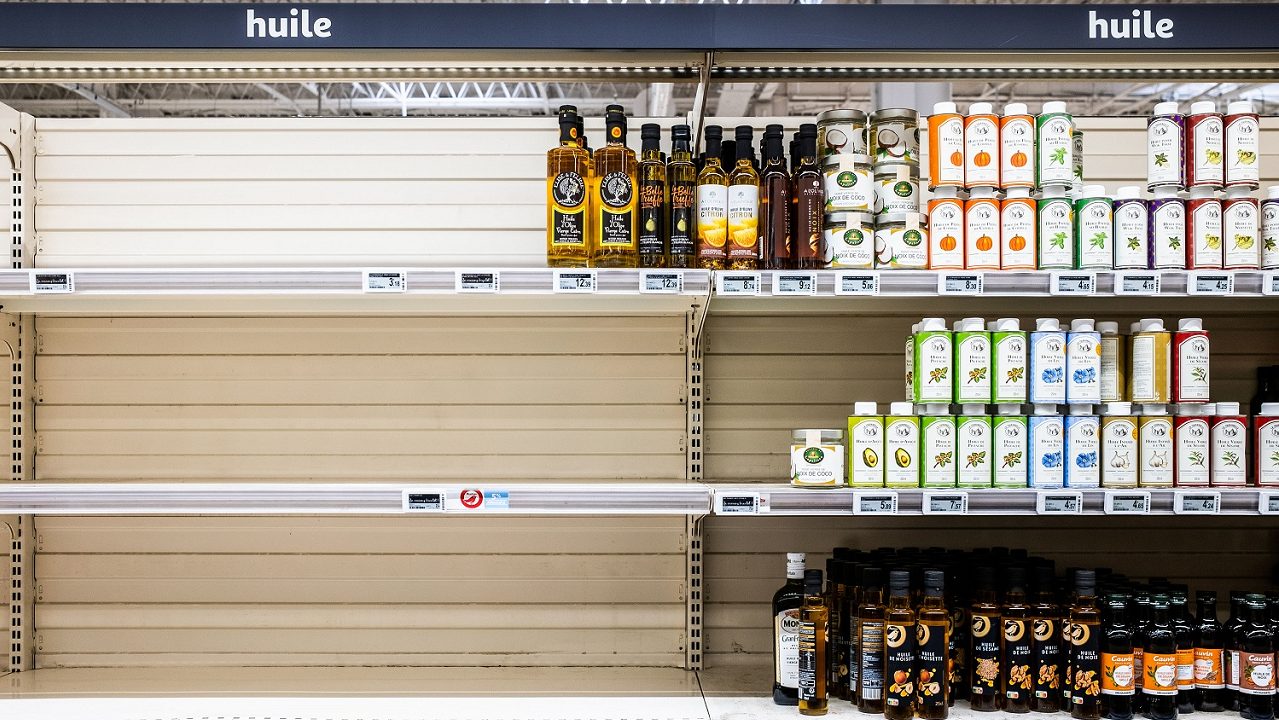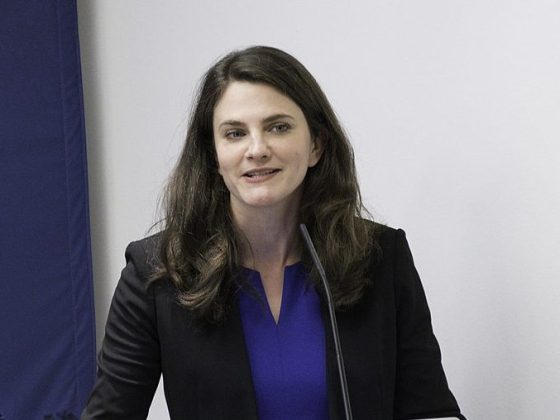When we hear about hunger crises, they usually refer to poorer and war-torn countries in Africa or Asia.
We rarely think of hunger crises when we think of Europe or the United States. But recently, more and more voices are warning that there could be hunger, and even starvation in the West, as well.
These are not merely fears; they are based on steps that countries are already taking to protect their population, often at the expense of other countries. The war-related devastation of the wheat crop and vegetable oil in Ukraine was only the beginning. Now, India has also banned exports of wheat due to the heat wave that devastated much of its crops, and countries around the world are suffering food shortages and a price spike.
Growing up in Russia in the 1950s, I lived in a neighborhood where everyone kept a few chickens and grew vegetables and fruit trees in their backyards. In today’s backyards, if one is lucky enough to have one, you can hardly find any open ground to plant anything.
“When animals are well fed, they rest and do not bother anyone. We, however, are never satiated. We want more of everything we have, more than everyone else has, and in the end, we want everything for ourselves and nothing for others. On top of this voracious nature, we must develop a human society based on reciprocity and balance as does all of nature. Since we are completely opposite to it, we can achieve this only through a conscious and collective effort.”
Also, back then, there were far fewer people than there are today. In 1950, there were only 2.5 billion people. Today, there are nearly eight. Without sufficient food, billions will not only starve, but wars will break out and destroy everything. Hungry people have no restraints.
To prevent such a cataclysm, we need to stop the endless drive for hegemony and begin to relate to all of humanity as one, interdependent society. To relate to society in this way, we need to understand why we, humanity, are here in the first place. Without understanding what we are living for, we will not be able to plan our future or how to relate to one another. In such a scenario, we will undoubtedly end up in terrible states.
If we think about why we are here, we will realize that we are not here to oppress other people or take pride in our power. On the contrary, we are here to establish a harmonious society of our own making. Just as nature has built the universe as a harmonious system where all the parts complement each other, we should build a human society in which all people complement each other. The difference between nature and humankind is that nature does this through instincts, through a built-in program, while we have to do it through consciousness and of our own volition.
“We will discover that the purpose of our lives is not to wallow in selfishness, but to leap into the perception of the whole of reality, where everything is interconnected and interdependent, and where life is an endless stream.”
That is, we work the opposite of nature. When animals are well fed, they rest and do not bother anyone. We, however, are never satiated. We want more of everything we have, more than everyone else has, and in the end, we want everything for ourselves and nothing for others. On top of this voracious nature, we must develop a human society based on reciprocity and balance as does all of nature. Since we are completely opposite to it, we can achieve this only through a conscious and collective effort.
In doing so, we will discover a far deeper and broader reality than we could ever imagine with our current, egocentric perception. We will discover that the purpose of our lives is not to wallow in selfishness, but to leap into the perception of the whole of reality, where everything is interconnected and interdependent, and where life is an endless stream.
The wars and disasters that pummel our world are the “whip” that nature uses to make us grow out of our innate self-centeredness and into the expansive perception of reality. The sooner we begin to follow this path of our own accord, the sooner nature’s whip will vanish, and problems such as hunger, war, and disease will be a thing of the past.











